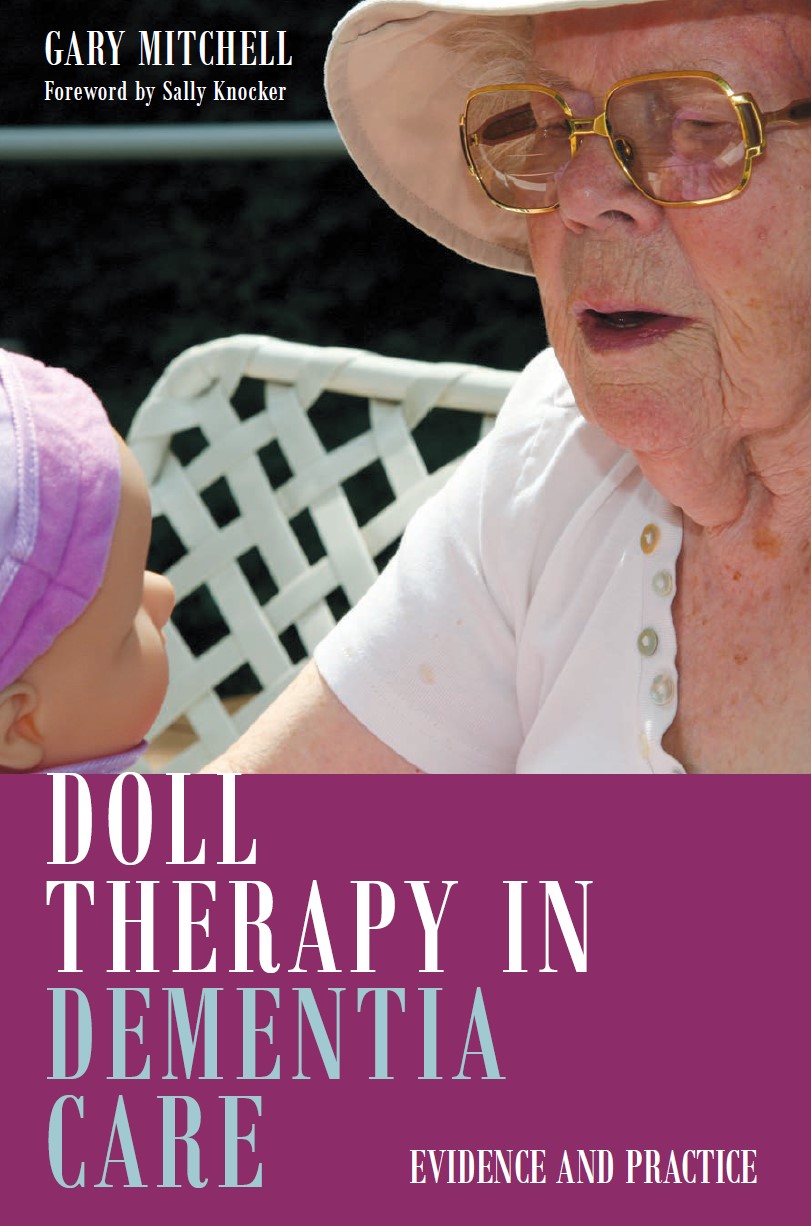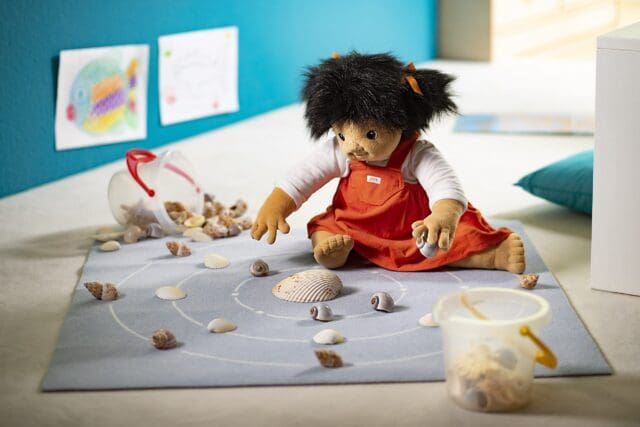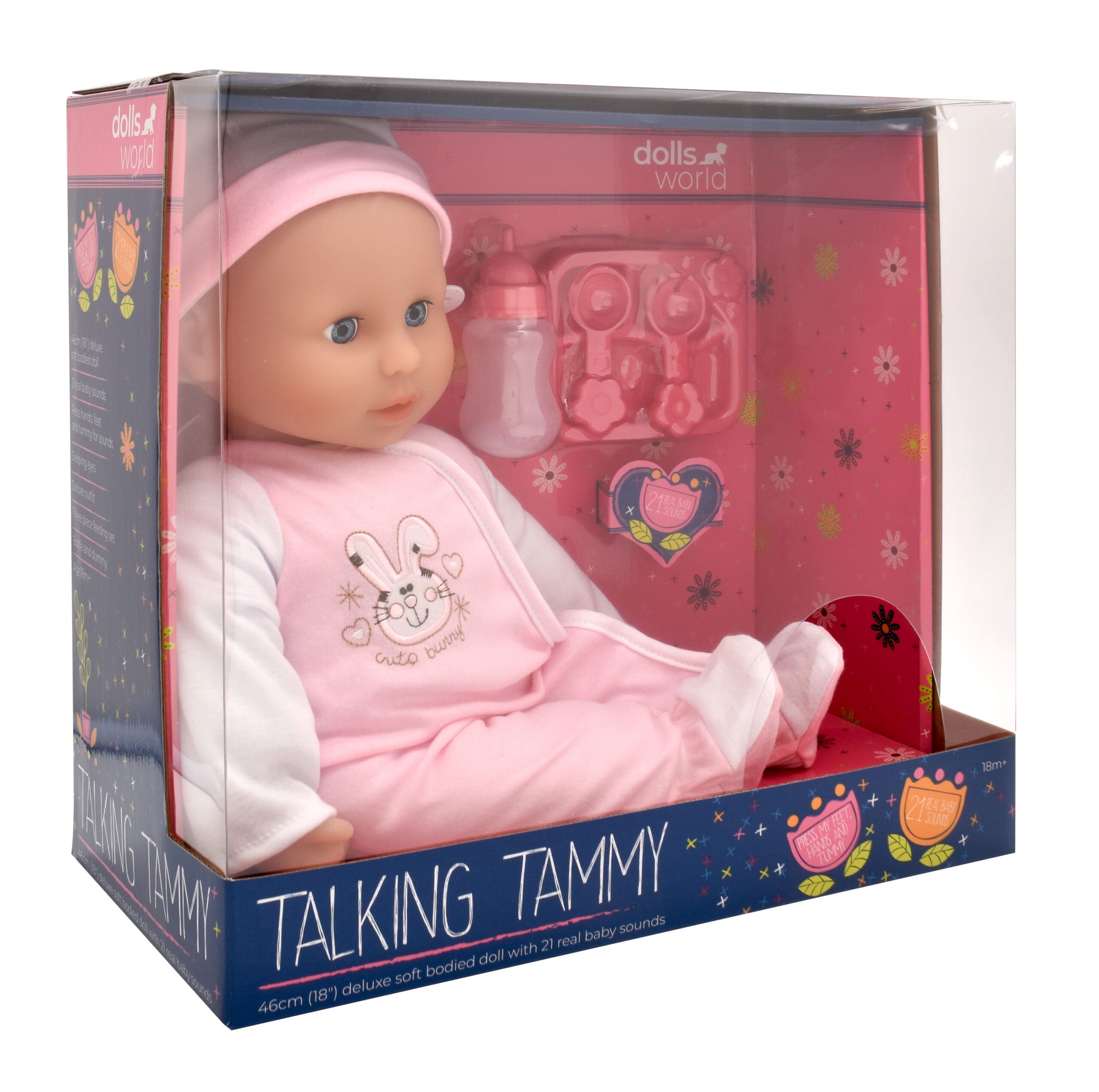Doll Therapy in Dementia Care by Gary Mitchell
£21.99
Advocating doll therapy as an intervention for people with dementia.
Download a free sample of this book: Doll Therapy in Dementia Care Book Sample
This book combines theory and evidence to show its many benefits and present guidelines for best-practice.
Despite being widely and internationally used, doll therapy is a controversial and often misunderstood intervention.
This book debunks the myths surrounding doll therapy, highlighting its proven positive impact on the well-being of people with dementia.
The guidance gives care professionals an indispensable overview of doll therapy within the context of current advocated best practices, using original research and evidence to present the rationale of its use.
The book also engages with ethical issues, ensuring that professionals are aware of the aspects of doll-therapy that may be counter-productive to person-centred care.
Providing clear guidelines on how best to utilise doll therapy, this comprehensive book is an important resource for any professional looking to implement this intervention.
Professional recommendations include:
Professor Richard Fleming PhD, Director, NSW/ACT Dementia Training Study Centre, Adjunct Professor, Wicking Dementia Research & Education Centre, University of Tasmania
‘An honest and eye-opening exploration of the use of dolls in improving the lives of people with dementia. I found the key to opening my eyes was the statement that we shouldn’t look at the dolls but look at the person. Enough beneficial examples are given for me to feel comfortable about the judicious use of dolls while empirical investigations tease out who they are good for and under what circumstances.’
June Andrews FRCN Professor Emeritus of the Public Understanding of Dementia
‘Allowing people with dementia a soft toy or doll has raised disproportionate anxiety. This book explores thoroughly every argument about whether the practice is right or wrong, but finally reminds us to be kind, and humane above all else.’
- (L) 22cm
- (W) 16cm.
- Softback.
- 136 pages.



